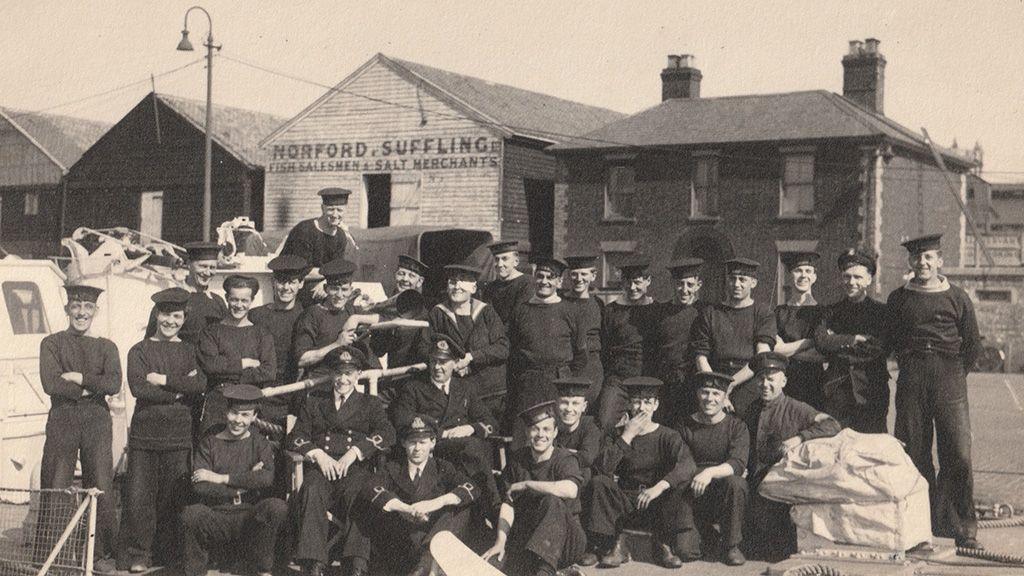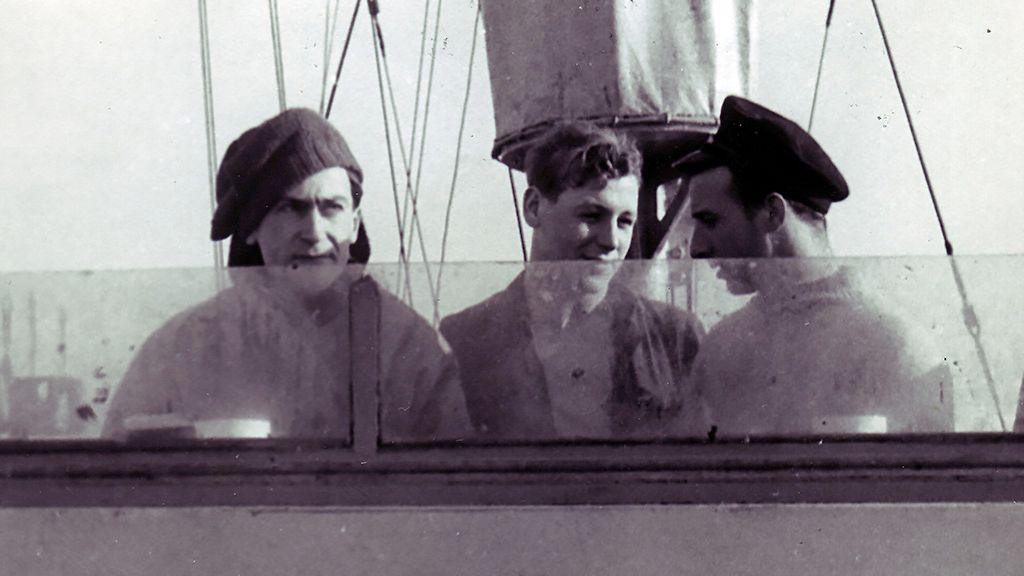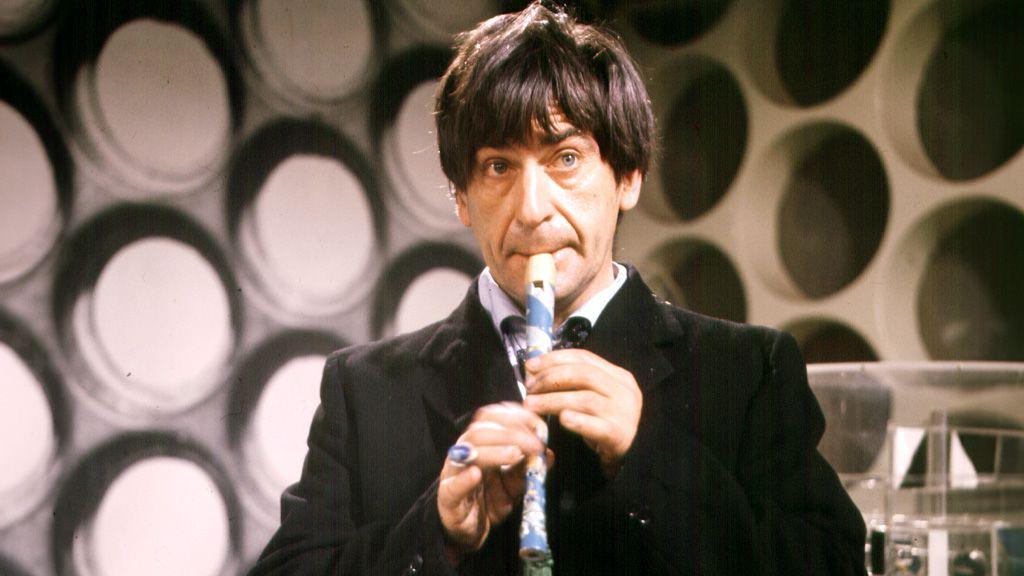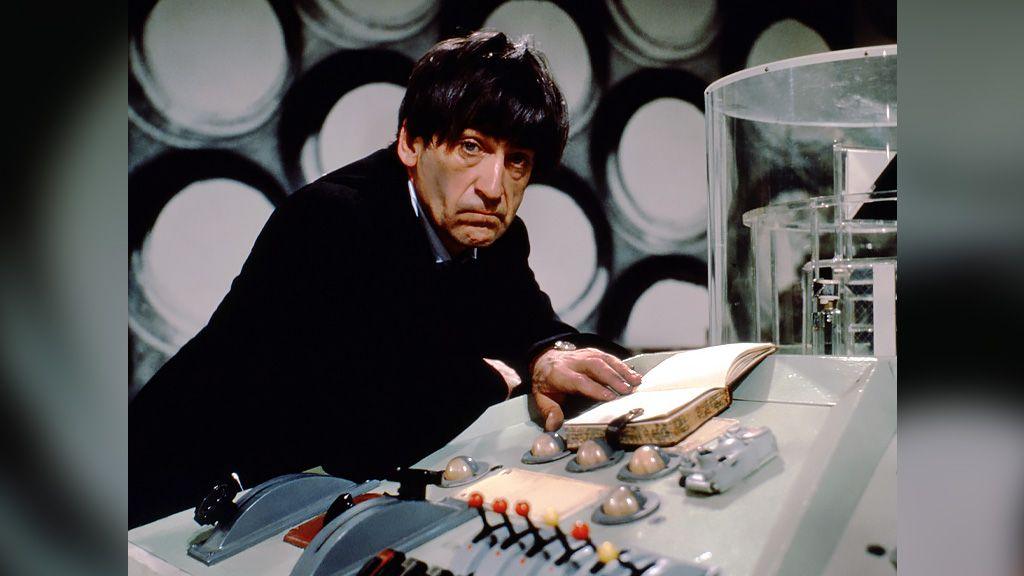Doctor Who star defended coast threatened by war
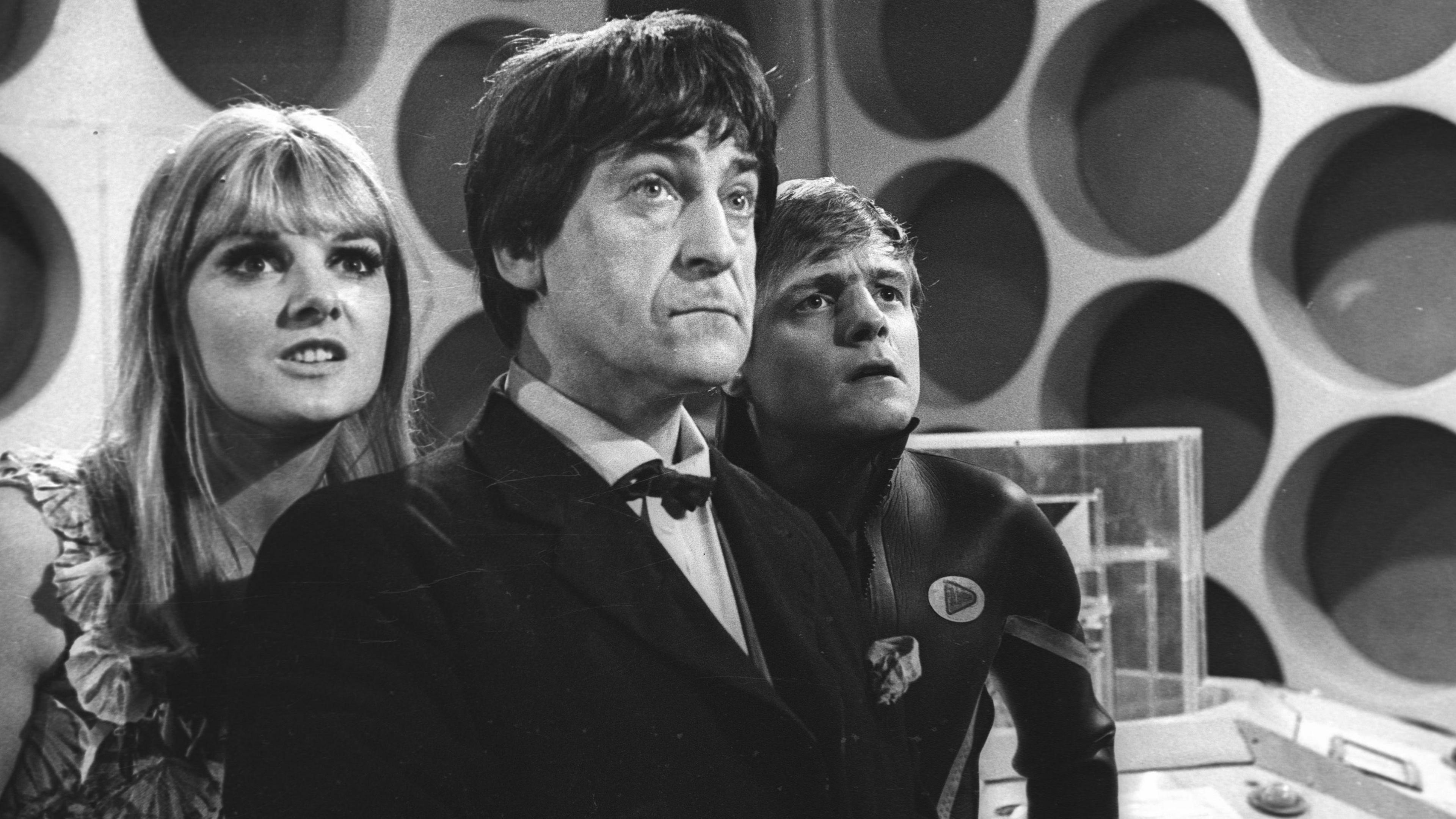
Image caption, Patrick Troughton (centre) materialised as the second Doctor in 1966 and stayed with the show until 1969
1 of 5
- Published
Doctor Who has battled enemies across space and time for a record-breaking 60 years, in the longest-running television sci-fi series ever.
For actor Patrick Troughton, who played the second incarnation of the Doctor, while he tackled the Daleks, Cybermen and Ice Warriors - in reality, he prepared for a threat much closer to home.
In June 1942, more than 20 years before he became the rogue Time Lord, he served with the Royal Navy aboard a motor gun boat.
Tasked with intercepting and destroying German E-boats - fast attack craft which menaced North Sea shipping - the Doctor-in-waiting was posted to Great Yarmouth in Norfolk.
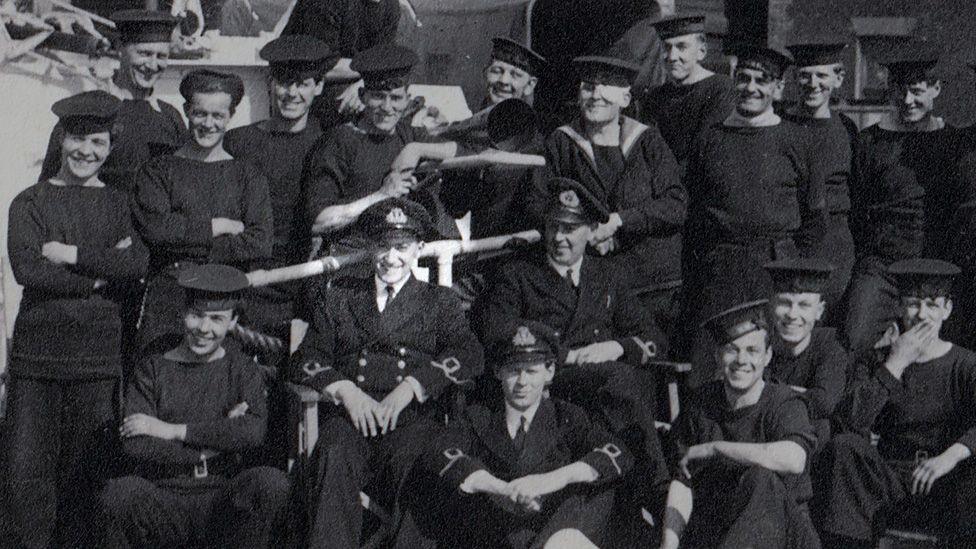
Patrick Troughton (front row, second from left) with the crew of the MGB 603 circa 1942
"I remember him saying that it [naval service] was 99% boredom and 1% adrenaline," said his son and biographer Michael Troughton.
"They used to go and moor on one of the buoys in the North Sea and wait until they saw anyone... it was absolutely terrifying.
"Essentially, they had to direct their boats at whatever the enemy was... approaching a ship that was firing at you all guns blazing, in order to try and sink them."
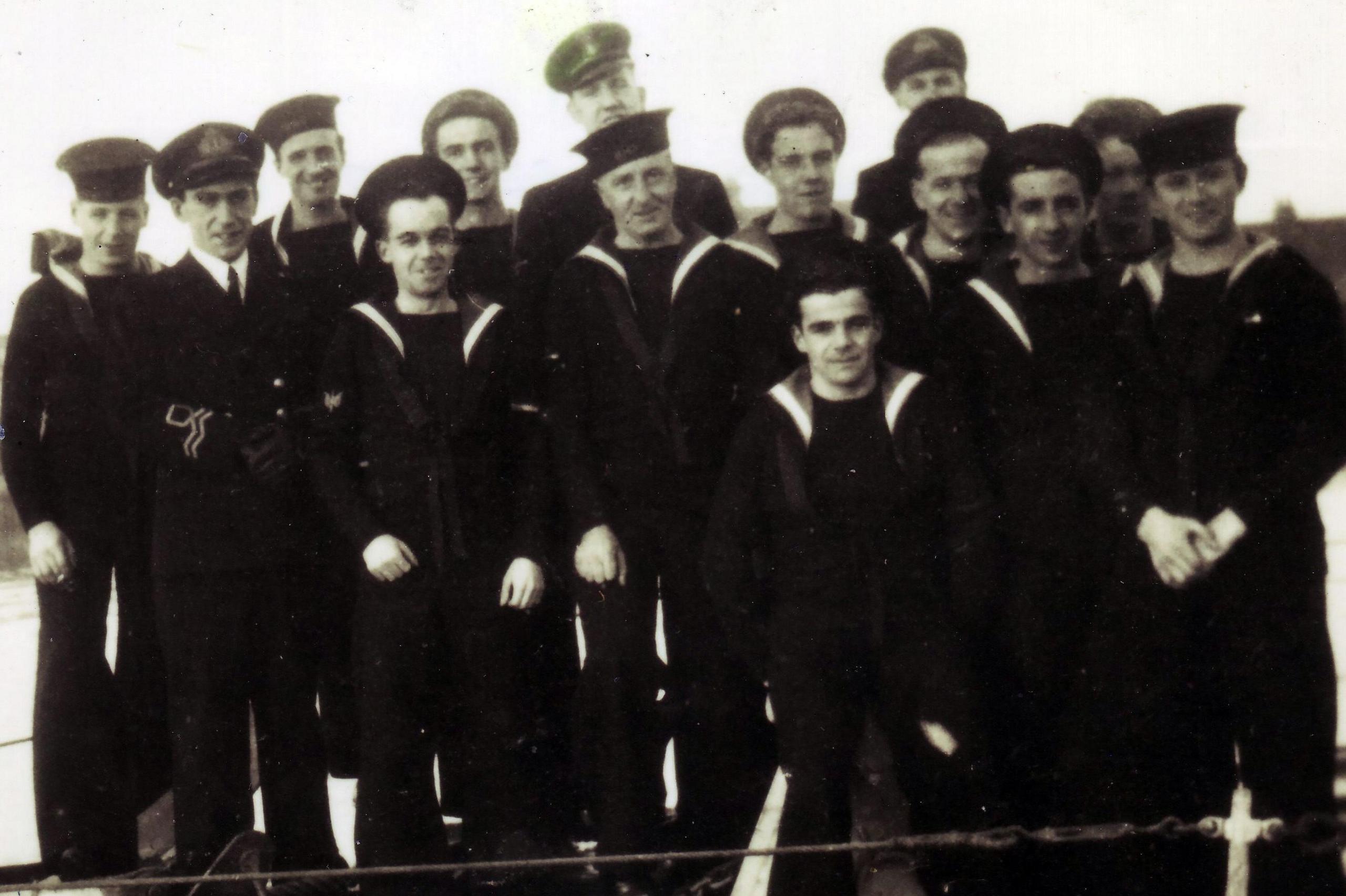
Patrick Troughton (second from left) with the crew of HMS RML 514
Troughton remained in Great Yarmouth for the rest of World War Two, later gaining his own command and switching to rescuing downed air crew from the water.
His son said his father preferred this role.
"He would always say: 'You’re only human, and they’re people like you'. His crew absolutely adored him and I think it was because he showed humanity."
An unusual aspect of Troughton’s wartime life in Norfolk was that his new wife, Margaret, also lived in the town with him. She waved him off on to his active service missions every evening.
"I remember her talking about how terrified she always was when she waved him off, and how utterly relieved she was when he came back," his son recalled.
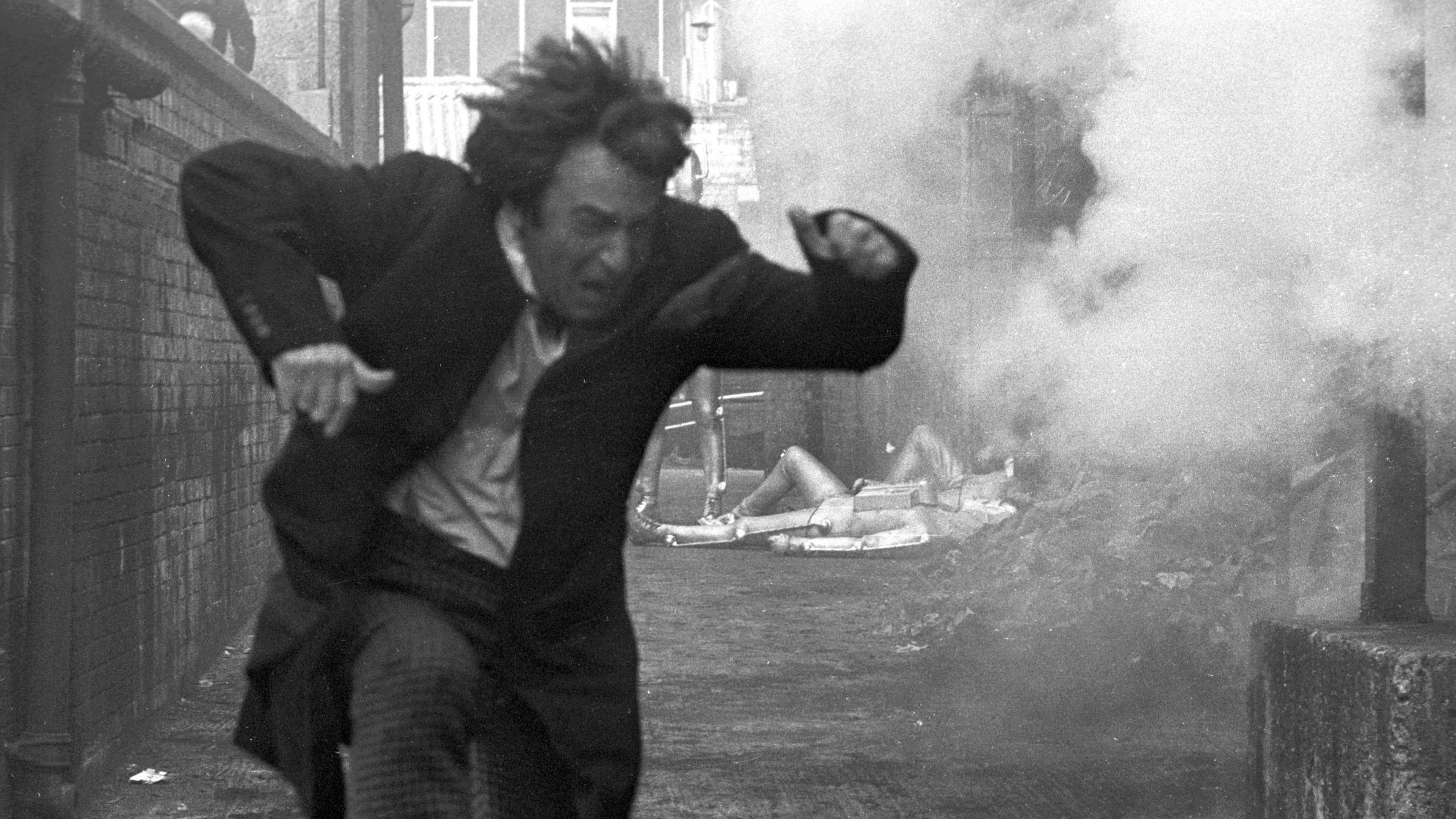
Troughton's Doctor battled the Cybermen in a 1968 storyline called The Invasion
Despite the stresses of wartime, Michael Troughton said his parents’ experiences in Great Yarmouth formed a strong bond between them and Norfolk.
Eventually he got to spend much more time in the county.
"After he’d done Doctor Who, he was able to buy a lovely wooden chalet at Potter Heigham," his son told the BBC.
"There was a wonderful garden which went straight on to the river. We could sit in our deckchairs and fish together. It was so idyllic, it was wonderful."
The only downside of this Norfolk idyll for his father, it seemed, was the danger of sometimes being recognised by holidaymakers.
"He hated being spotted. He thought if the public got to know the actor too much, it would lose the magic of his acting as a character. So he was constantly trying to avoid publicity."
Who is Doctor Who?
Doctor Who first aired on Saturday 23 November 1963 with William Hartnell in the leading role of the Doctor, a rogue Time Lord from the planet Gallifrey who travels through time and space in a vehicle known as the TARDIS.
Due to a fault in its chameleon circuit, which allowed it to blend into its surroundings, the TARDIS has remained in the guise of a blue police box , externalthroughout the show's history.
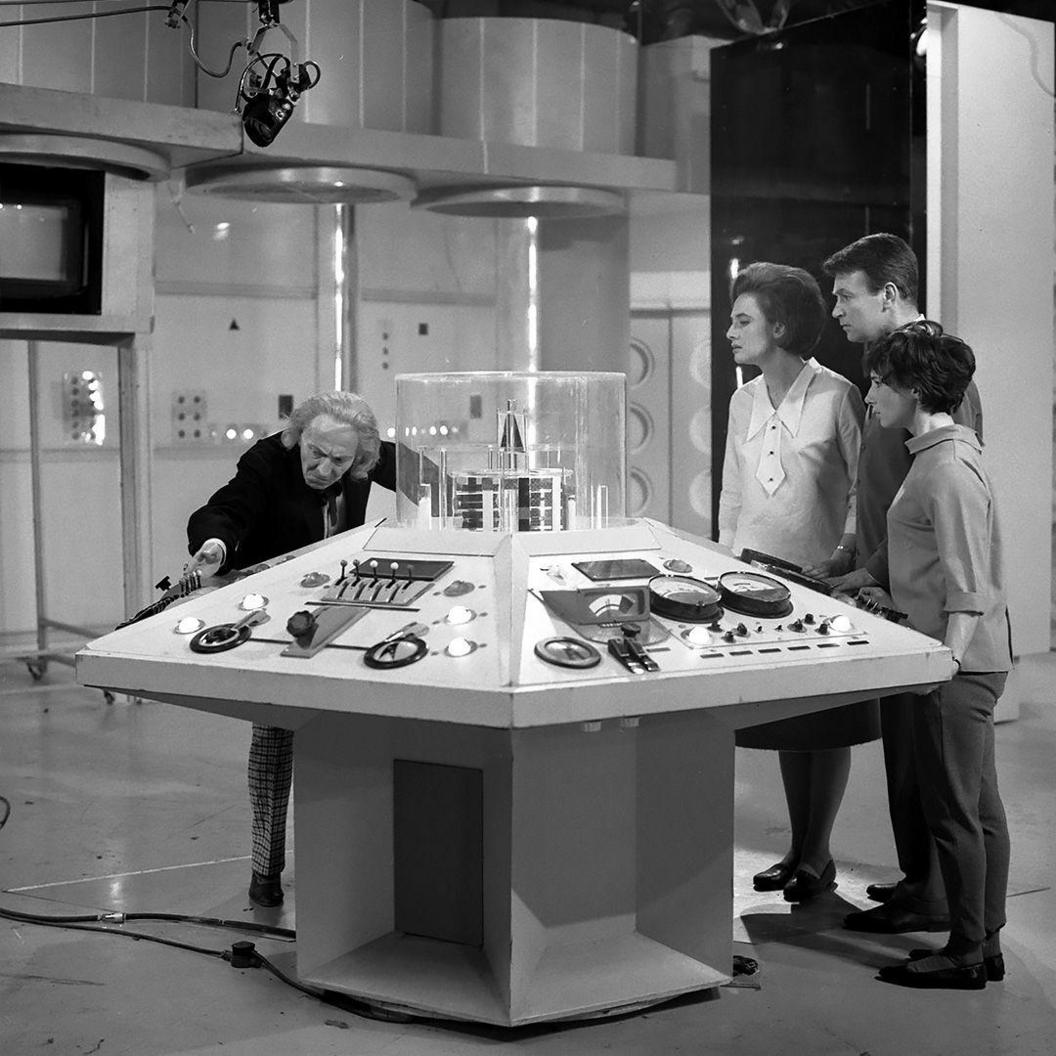
William Hartnell as the first Doctor in a scene where the TARDIS has landed on Skaro, the home planet of the Daleks
Created by Sydney Newman, Bunny Webber, and Donald Wilson, the show follows the adventures of the Doctor across the galaxies - often returning to Earth to protect humans from alien invasion.
One of the unique aspects of the character of the Doctor, who often travels with a companion, is the ability to regenerate, allowing different actors to portray the character over the years.
Donna (Catherine Tate) and the Doctor (David Tennant) are reunited for the 60th anniversary Doctor Who specials
The first run of Doctor Who was cancelled in 1989 after lasting for 26 years.
It was then revived in 2005 by showrunner Russell T Davies, who returned to helm the show in 2023, starting with the 60th anniversary specials bringing back David Tennant as the Doctor.
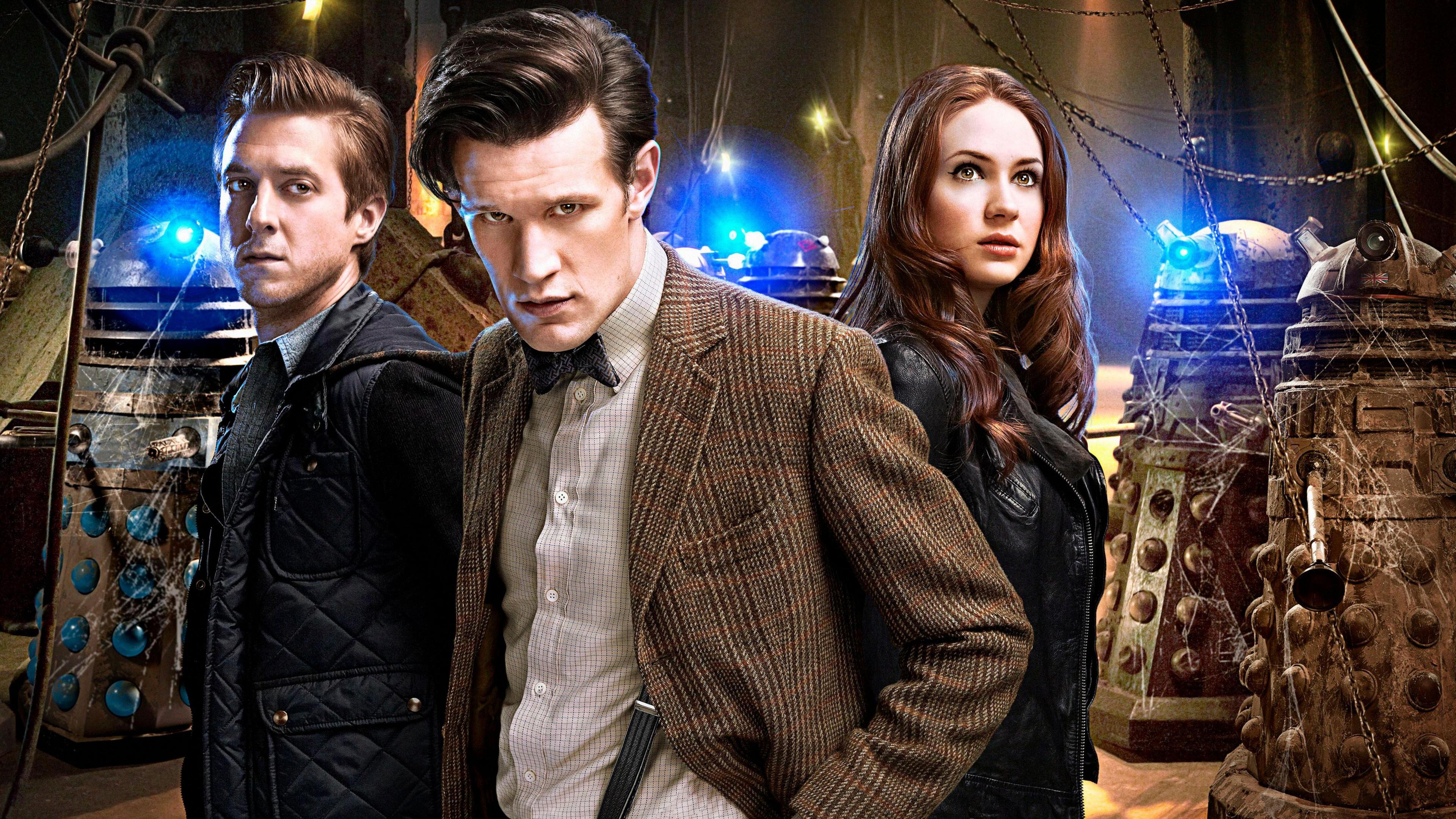
Matt Smith (centre) starred as the eleventh incarnation of the Doctor from 2010 to 2013
Patrick Troughton was not the only Doctor to spend a number of years in Norfolk - as nearly 40 years later, Matt Smith, who starred at the eleventh Doctor, also spent a formative part of his life in the county.
Smith, who grew up in Northampton, studied drama and creative writing at the University of East Anglia, in Norwich, from 2002 to 2005.
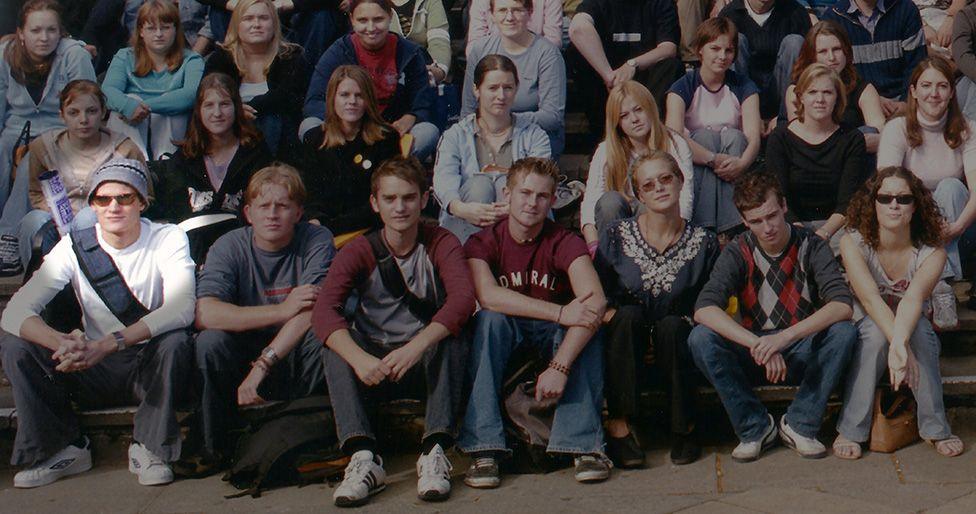
Actor Matt Smith posed for a photo with his UEA classmates at the Norwich-based campus
In his first week, he was pictured alongside his fellow first years from the university’s School of English and American Studies, posing in the campus’s central square.
Smith was the youngest actor in the show's history to be cast as the Doctor.
Speaking as he decided to leave the show in 2013, he told the BBC: "Doctor Who has been the most brilliant experience for me as an actor and a bloke, and that largely is down to the cast, crew and fans.
"I'm incredibly grateful to all the cast and crew who work tirelessly every day, to realise all the elements of the show and deliver Doctor Who to the audience."
Three hour-long Doctor Who 60th anniversary specials will air starting in November and drop on BBC iPlayer in the UK. The specials will be followed by a new season starring Ncuti Gatwa as the Doctor in 2024
Follow East of England news on Facebook, external, Instagram, external and X, external. Got a story? Email eastofenglandnews@bbc.co.uk, external or WhatsApp us on 0800 169 1830
More on Doctor Who
- Attribution
